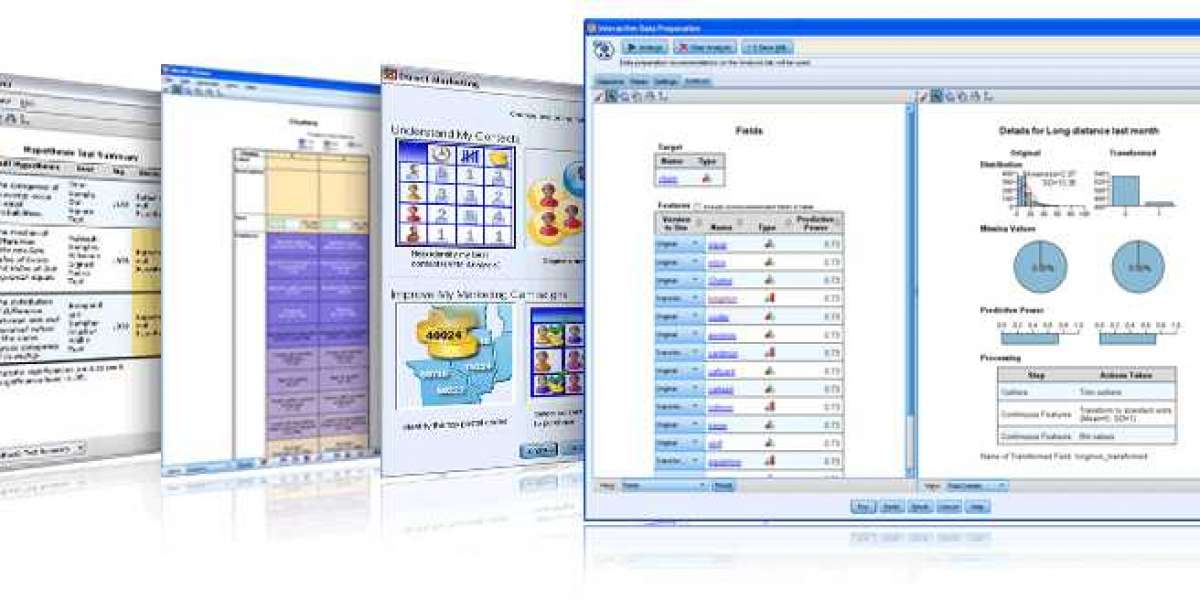Introduction
Why Is a Strong Workshop Team Important?
A well-organized workshop team creator is the backbone of any successful session. With clear roles, good communication, and mutual respect, your team can deliver an impactful experience.
Purpose of a Workshop Team
The team is there to coordinate efforts, keep participants engaged, and ensure that the objectives of the workshop are achieved efficiently.
Identifying Team Roles
Key Roles in a Workshop Team
Facilitator
The facilitator is the leader of the workshop, responsible for guiding discussions and ensuring objectives are met.Subject Matter Expert (SME)
An SME provides in-depth knowledge and answers technical questions related to the topic.Technical Support
This team member ensures smooth functioning of tools, equipment, and virtual platforms if applicable.Note-Taker
Responsible for recording key points, decisions, and insights during the workshop.Timekeeper
Ensures that the session stays on track by monitoring the agenda and time allocations.
The Importance of Role Clarity
When everyone knows their role, there is less confusion, enabling the team to perform smoothly.
Steps to Create an Effective Workshop Team
Define Objectives and Goals
Start by outlining the purpose and outcomes of the workshop to align the team’s efforts.
Identify Required Skill Sets
List the skills and expertise needed to achieve the workshop's objectives.
Selecting the Right Members
Choose individuals with complementary skills who can work together harmoniously. Diversity in experience and perspective is a plus.
Assign Roles and Responsibilities
Clearly define roles to ensure each member knows their contribution and accountability.
Building Team Synergy
Encourage Open Communication
Create an environment where team members feel comfortable sharing ideas and concerns.
Establish Ground Rules
Set clear expectations regarding behavior, responsibilities, and communication etiquette.
Create a Collaborative Environment
Using Team-Building Activities
Incorporate icebreakers or group exercises to strengthen relationships.Fostering Trust and Respect
Recognize each team member’s contributions and build mutual trust.
Preparing for the Workshop
Plan the Agenda
Craft a detailed schedule that includes time for breaks, discussions, and activities.
Train the Team
Provide the team with the necessary tools and skills to perform their roles effectively.
Ensure Logistic Readiness
Verify all materials, equipment, and facilities are in place before the workshop day.
Common Challenges and Solutions
Lack of Engagement
Solution: Use interactive activities and encourage participation through dynamic discussions.
Conflicts Within the Team
Solution: Address conflicts promptly and maintain a respectful environment.
Managing Time Effectively
Solution: Stick to the agenda and involve the timekeeper actively in the process.
Evaluating the Team's Performance
Gathering Feedback
Collect feedback from both participants and team members to identify what worked well and what needs improvement.
Post-Workshop Analysis
Review the workshop outcomes to determine if the objectives were achieved.
Continuous Improvement
Encourage regular updates to strategies and practices for future workshops.
Benefits of an Organized Workshop Team
Improved Outcomes
A cohesive team ensures the workshop meets its objectives effectively.
Increased Team Efficiency
Clear roles and collaboration streamline processes, saving time and effort.
Enhanced Learning Experience for Participants
A well-executed workshop leaves participants feeling engaged and satisfied.
Conclusion
Summary of Key Points
A strong workshop team is critical for success. Define roles, foster collaboration, and prepare thoroughly for the best results.
Why Investing in Your Workshop Team Matters
Building an organized team not only enhances the quality of workshops but also creates a positive impact on all involved.
FAQs
What is the primary role of a workshop team?
To plan, execute, and evaluate a workshop effectively while ensuring objectives are met.How can I select the best people for my workshop team?
Choose individuals based on the skills needed, their ability to collaborate, and their expertise.What are some tools to facilitate team collaboration?
Platforms like Slack, Trello, and Zoom help streamline communication and coordination.How do I handle conflicts in the team?
Address conflicts early by promoting open discussions and mutual respect.What makes a workshop team successful?
A clear vision, defined roles, effective communication, and thorough preparation lead to success.













